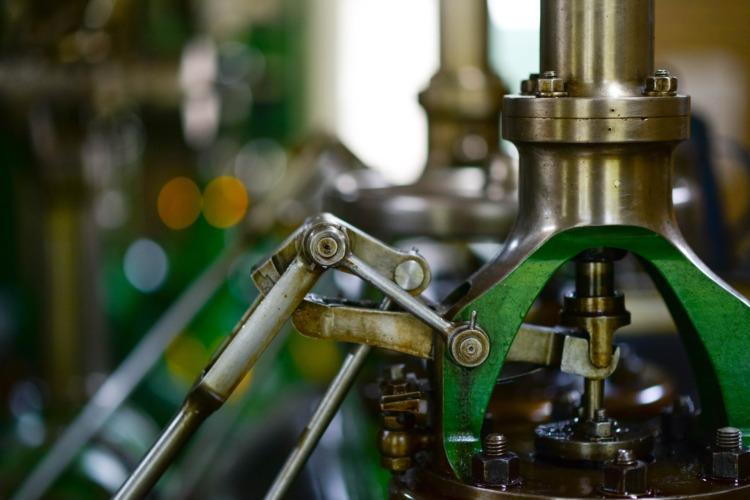Kenya’s Purchasing Managers’ Index (PMI) fell from 51.1 in August to 50.4 in September, signalling an overall improvement in operating conditions.
The PMI survey commissioned by Stanbic Bank indicated that the pace of improvement was marginal and was the weakest seen in the current five-month sequence of growth.
During the month, output and new orders rose, driven by a continued recovery in demand from the strict lockdown earlier in the year.
Exports were also a key source of growth, as foreign orders increased at the fastest rate since October 2020.
Business activities in Uganda continue to rise
Impact of Fuel Hike
The survey found that a rise in living costs had weakened consumer spending, leading to a softer – and only marginal – rate of total sales growth.
Subsequently, the rate at which business activity expanded was the slowest seen since the return to growth
following April’s lockdown-induced decline.
The survey noted that higher fuel prices were a key factor leading to the uptick in living costs.
As well as impacting demand, businesses found that the price hike added to purchasing prices, which rose sharply.
Faced with higher cost burdens, firms raised their selling charges to the greatest extent since
February.
Commenting on the survey, Kuria Kamau, Fixed Income and Currency Strategist at Stanbic Bank said, “firms hiked output prices to protect their profit margins following a rise in fuel prices during the month.”
Mid last month, Kenya’s Energy and Petroleum Regulatory Authority increased the price of fuel to a new historical high.
The government agency increased the price of petrol by KSh 7.58 a litre in Nairobi to KSh 134.72 while diesel jumped KSh 7.94 to KSh 115.6 a litre — the highest in Kenya’s history.
More Jobs Created

During the month, backlogs of work meanwhile rose for the fourth month running.
The report noted that the seasonally adjusted Backlogs of Work Index fell for the first time in five months, indicating a softer increase in backlogs than in August.
“Construction was the only monitored category to see a noticeable rise in work-in-hand, while manufacturing and services registered declines,” the survey said.
The survey also said that the rate of employment growth was the quickest seen for eight months.
“Matching the trends for output and new orders, Kenyan businesses increased their staff numbers for the fifth month running in September.”
The rate of employment growth quickened to the fastest since the start of the year. All five sectors added to their workforces during the month, with particularly sharp increases seen in construction and agriculture.
The PMI survey also reveals that salaries paid to private-sector workers in Kenya rose again in the latest survey period.
The rate of wage inflation ticked higher for the first time in three months but remained slight overall.
Where salaries rose, firms cited efforts to boost employee motivation and the extension of working hours.
At the same time, input purchasing also expanded, and to the strongest degree since June, while firms saw delivery times shorten to the greatest extent in almost a year.
According to the survey, efforts to build inventories in line with higher demand led to a further expansion in purchasing activity at the end of the third quarter.
Whilst remaining modest and slower than the series trend, the rate of growth picked up for the second month in a row. Notably, input buying rose in all of the monitored sectors, except for manufacturing.
The survey also indicates that Kenyan firms often found that suppliers responded positively to requests for quicker deliveries during September, with some also citing improved road conditions and increased vendor capacity.
As a result, overall input lead times improved sharply and to the greatest extent in almost a year.
Lastly, the outlook for future activity remained relatively weak in September, despite improving slightly from August.
Around 72% of respondents expect output to be unchanged over the coming year, amid uncertainty surrounding the pandemic and inflationary pressures.
Positive forecasts were meanwhile driven by hopes of increased marketing and capital investment.
Kenya’s businesses improve following stable political environment











